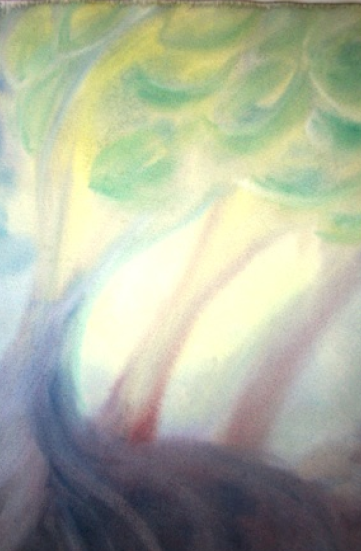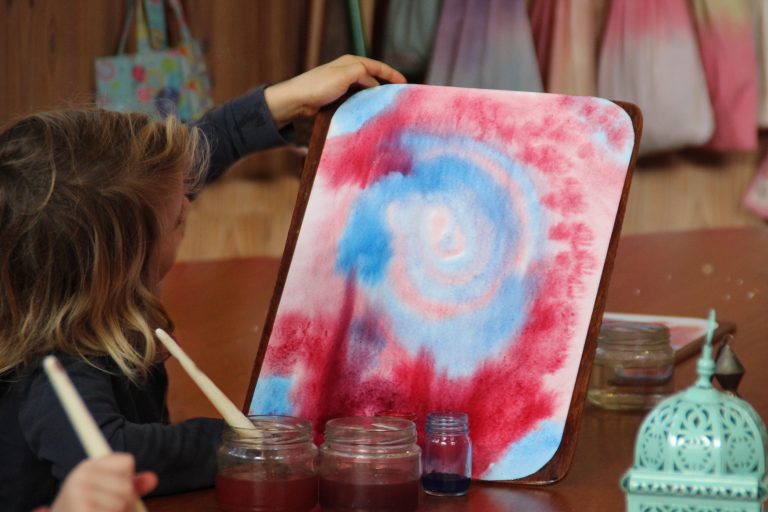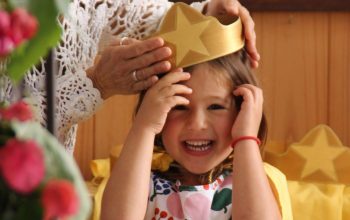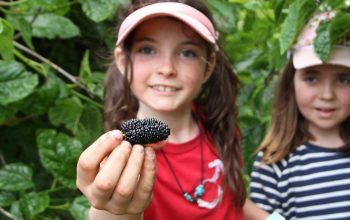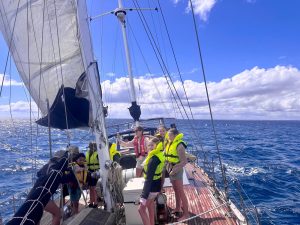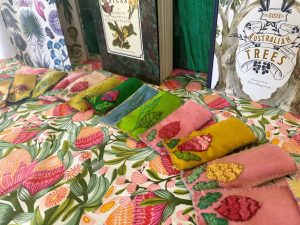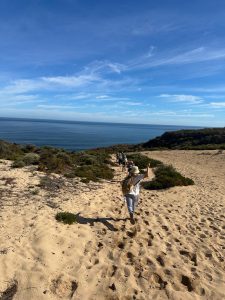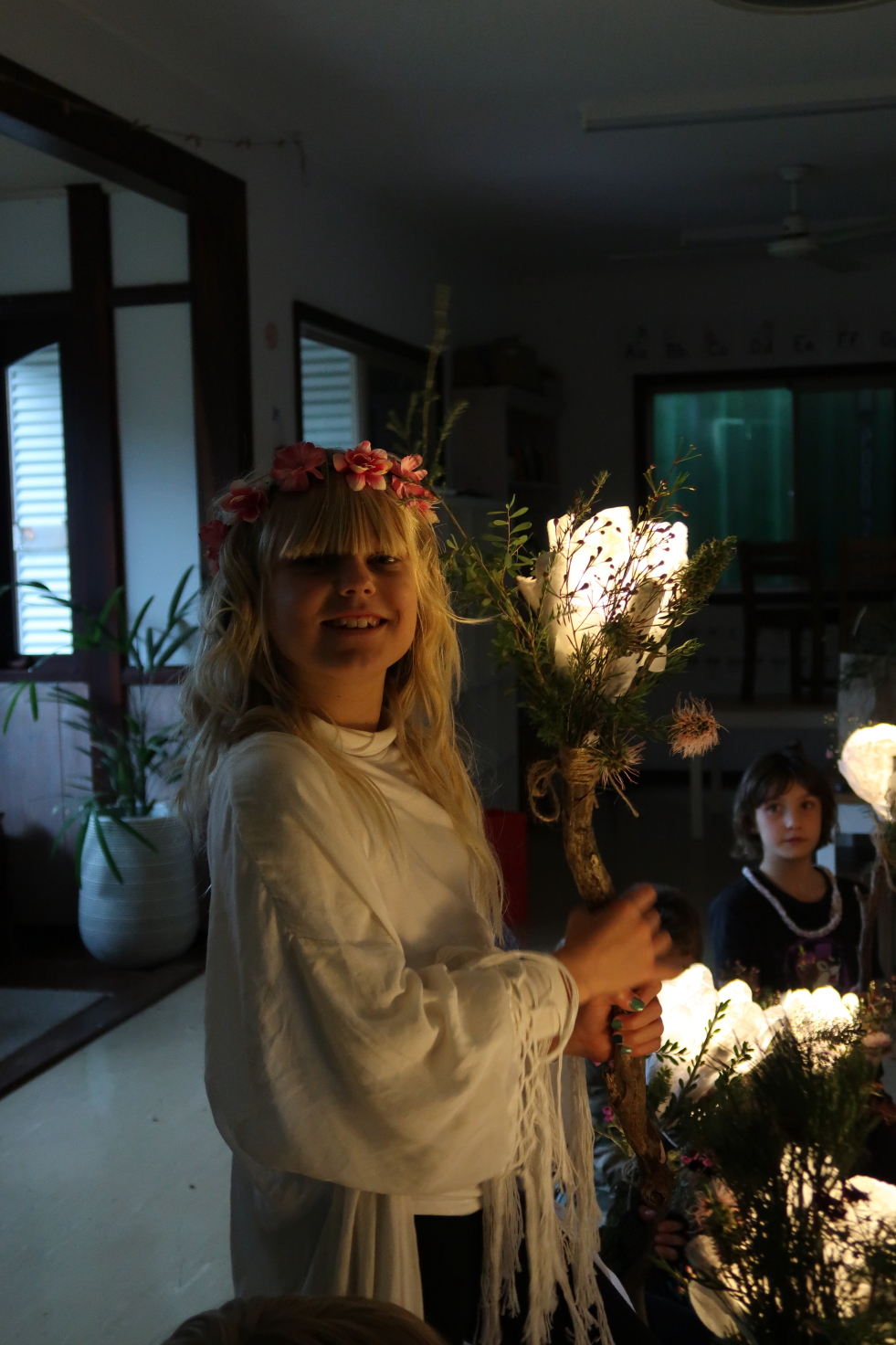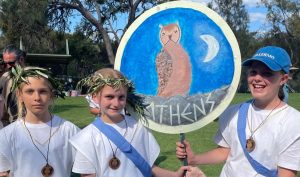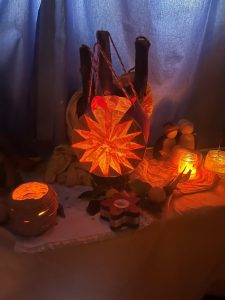Our School
Yallingup Steiner School
A long-standing relationship between the school community and the local Wadandi people is held dear by our school. The blessing of the Kindergarten as “Coorlingamia” (meaning ‘children’s house’) by the elders of the Wadandi at the beginning of our journey is in recognition of this relationship. This rich collaborative cultural exchange continues to this day.
Yallingup Steiner School began its journey from a parent group that shared a common vision to educate their children in a more creative way.
In 1986 a group of people from the Yallingup area, interested in natural childbirth, joined together with the regional midwife to begin ante-natal classes. As time went on, it became clear that these same people shared a common interest in exploring an innovative and holistic approach to their children’s early education.
One of the members was involved in using Rudolf Steiner’s biodynamic farming methods and was aware of the worldwide network of schools following Steiner’s principles of education.
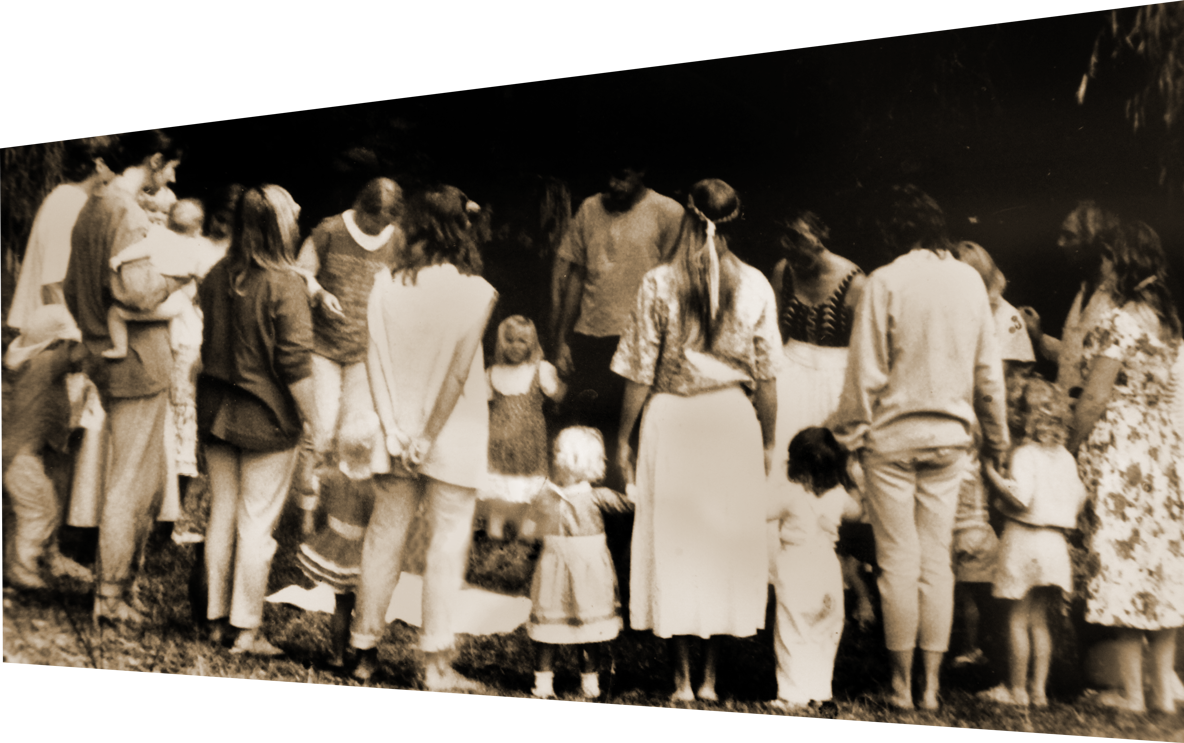
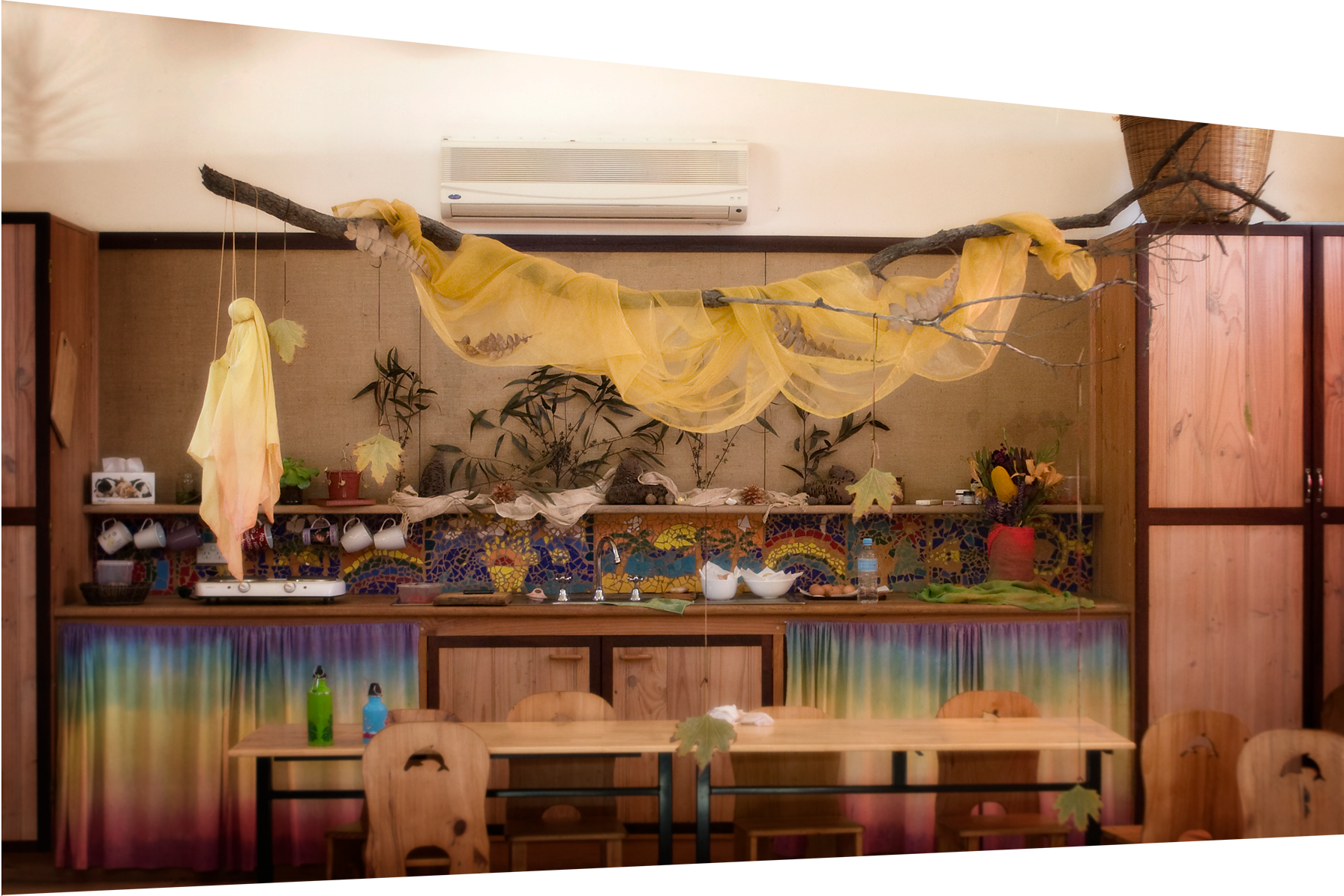
Through these informal gatherings and after much research into different schooling methodology, the Waldorf Education system was decided upon. In this system it was felt that the children would receive an education that was designed to enrich their spiritual as well as their physical being, thereby giving each child in the school’s care the self-esteem, confidence and freedom to enter the world as a complete human being.
A Steiner Playgroup was opened in 1989 with the Perth Waldorf School assisting, ensuring its development was consistent with Steiner principles.
In the ensuing two years the group progressed from meeting at the house of one of its members, to occupying premises at Millbrook and finally to its present premises.
The site on which the school is now situated was the original Yallingup State Primary School. The current class 6 room was the original schoolhouse and has been declared a heritage building.
The school currently has a student population of around 122 children. Two playgroups are offered at our Carbunup River campus. We operate two mixed Kindergartens, a K4/5/6 (kindergarten for 4, 5 and 6 year old’s) and a K5/6 (kindergarten 5& 6 year old’s). Primary classes consist of: Class 1, Class 2, Class 3, Class 4, Class 5 and Class 6

Steiner/ Waldorf Education
Rudolf Steiner
Dr Rudolf Steiner (1861-1925) was an Austrian philosopher, scientist, artist and humanitarian. From early in his childhood, Steiner was at one with both the spiritual and natural worlds. His studies in later life gave him the tools to integrate these worlds and he developed a “philosophy of freedom”. The body of Steiner’s understandings are described by a world view called Anthroposophy, which means “the wisdom of humanity”. Work from his initiatives is best known through Anthroposophic Medicine and Architecture, Biodynamic farming and Waldorf Education.
Living in a post war era, his study of humanity led Steiner to question the values of education and its relationship to the social culture of the future. The core of his educational understanding describes the stages of human development through childhood, which follows a natural pattern unaffected by short term social change. With a balanced curriculum, individuals could be educated toward life and thus participate and contribute to society in a healthy way. This led to the first Steiner/Waldorf school being established in 1919 in Stuttgart, Germany for the children of the Waldorf factory workers.
The first Steiner/Waldorf school was established 100 years ago yet Dr Rudolf Steiner´s original insights still guide over 40 Steiner schools in Australia and 1,100 worldwide. They are government approved, co-educational, non-denominational, locally adapted and based on profound understandings of human nature.

Waldorf Education
Throughout the world, children in Steiner schools experience a similar curriculum at the same age. Waldorf education recognises three main stages of development in the journey from infancy to adulthood, each lasting approximately seven years.
In early childhood the focus of development within the child is on the will, so learning activities are physical and activity-based, whilst in the primary years the capacity for memory and imagination are encouraged by learning through using the child’s imagination and feeling. Then in adolescence, as the capacity for independent conceptual and abstract thought develops, it is deepened and sharpened through appropriate curriculum content. Acknowledging and responding to the developmental phases of children allows authentic enthusiasm and motivation in learning “from the inside” for the student.
Despite this uniformity however, Rudolf Steiner´s rich legacy of educational pedagogy enables teachers to bring an individual approach to the classroom allowing the times, the children and the local environment to be considered. The teacher strives to create a physical, social and spiritual environment which honours and develops both what is unique and universal in each child whilst covering all key learning areas in the modern school curriculum.
The academic, artistic and practical are treated as complementary facets of a single program of learning, aiming to prepare students to meet the accelerated challenges of modern life and an unpredictable future with creativity, compassion, self-confidence, clear thinking and the ability to act independently.
